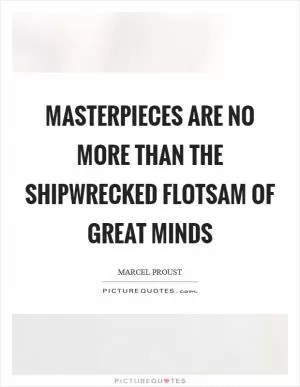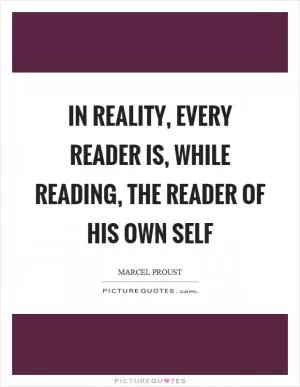A powerful idea communicates some of it's strength to him who challenges it

A powerful idea communicates some of it's strength to him who challenges it
Marcel Proust, the renowned French novelist, is often associated with the exploration of memory, time, and the complexities of human relationships in his seminal work, "In Search of Lost Time." Proust's writing is characterized by its depth, introspection, and profound insights into the human condition. His ability to convey the intricacies of human experience and emotion has made him a literary giant whose influence continues to be felt to this day.One of Proust's most enduring ideas is the concept that a powerful idea communicates some of its strength to the individual who challenges it. This notion speaks to the transformative power of ideas and the impact they can have on those who engage with them. Proust believed that when confronted with a powerful idea, one is forced to grapple with its implications and wrestle with its complexities. In doing so, one is able to gain a deeper understanding of the idea and its significance, ultimately enriching their own intellectual and emotional landscape.
For Proust, the act of challenging a powerful idea is not simply an intellectual exercise, but a deeply personal and transformative experience. By engaging with a powerful idea, one is forced to confront their own beliefs, biases, and preconceptions, leading to a process of self-discovery and growth. Proust understood that the journey of challenging a powerful idea is not always easy or comfortable, but it is essential for personal and intellectual development.












 Friendship Quotes
Friendship Quotes Love Quotes
Love Quotes Life Quotes
Life Quotes Funny Quotes
Funny Quotes Motivational Quotes
Motivational Quotes Inspirational Quotes
Inspirational Quotes